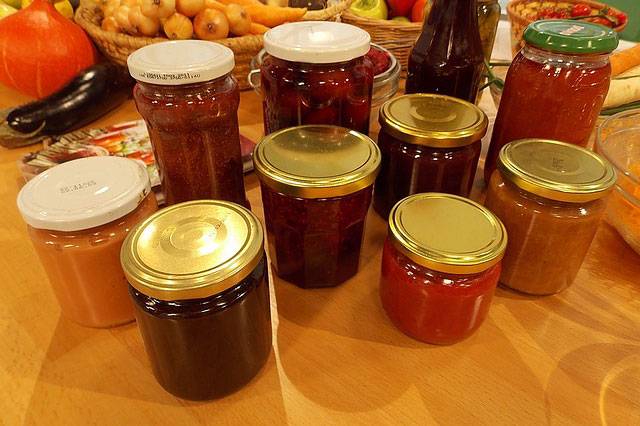Things To Know About Bottled And Jarred Packaged Food

It is often highly convenient to buy packaged food from convenience stores or markets. It saves us time and energy, and most times, they are delicious. So we tend to buy them even if it costs a lot.
What is Jarred food?
To put it simply, jarred food is food that is sold and kept in a jar. This kind of packaging protects the food item from getting tampered with and also prolongs shelf life.
You can also hoard them in times of emergency. For example, in 2020, with most countries going through lockdown due to the Covid-19 virus, many people started buying bottled or jarred foods in bulk. They can be of various kinds like meat, jams, or pickles.
The History Behind Packaged And Jarred Foods
Until the 1700s, food was preserved by methods such as drying, smoking, salting, and pickling. It was in 1795 that Napoleon Bonaparte offered colossal prize money to anybody who could make a breakthrough invention in food preservation.
After a few years, Nicolas Appert won the prize by discovering how food could be preserved in airtight jars, followed by heating them.
The process of jarring food reached America in the 19th century when condensed milk was produced. This increased the shelf-life of milk by concentrating them.
Thus, the spread of revolutionary packaged food started.
Things To Know About Packaged Food
Although most of us buy convenience store packaged food, only a few know about them in-depth. If you were curious about these jarred and bottled food, below are some things you should know about them:
1. Easy To Store
One of the benefits of a bottle or jarred food is that they are extremely easy to store. You do not need separate containers to store them in as they come with one. And they are safe. Most of these packaged goods food items are packed in glasses or high-quality plastics.
2. Prolonged Shelf-Life
Preserving food is a task; we all know that. Keeping them fresh and healthy while keeping their quality intact is a challenge all of us face. This is where bottles and jarred items come to the rescue. The lids on jars can be tightly closed, which reduces the amount of air entering the container.
Because they are stored in airtight containers, jarred food items can be kept for a very long time as it preserves taste and quality while avoiding discoloration.
3. Nutritious
Packaged food is often thought to be less nutritious than fresh food, but contrary to this popular belief, it is, in fact, nutritious. A study conducted in 1997 found that canned or jarred fruits and vegetables are rich in vitamins and dietary fiber, just like fresh or frozen food.
Apart from being nutritious, these products are also hygienic as they are packed in containers that protect them from bacteria and dirt.
4. Handy
This is no surprise. Apart from having a long shelf-life, they are also greatly handy. You can literally carry them anywhere, even when you are on the go.
Most of them come in convenient and compact sizes. This property makes them a popular pick for picnics, long rides, road trips, and other travel.
5. Convenient And Tasty
Everybody loves to eat, but few love to cook. Cooking requires effort. And after a long day of work, it is natural for you to be tired. Eating out is not always an affordable option. But eating jarred food is.
This is why packaged, and jarred foods are often a staple in many households.
6. The Labels
If you turn over the bottled food, you might find some labels and lists printed. These are the labels. The best before date expresses the product’s durable life. However, it would be best to keep in mind that this date does not ensure food safety but the quality after which it will start deteriorating.
If you still feel confused about a particular package and its shelf life, you may call the manufacturer, whose number is also printed on the label.
Bottom Line
It is a myth that canned or bottled food is unhealthy and has low nutrient value.
Some of them may have higher salt content. This is done to preserve the food. For example, pickles are stored and preserved by salting. However, most of them are safe to eat. Pick your jarred food wisely.
Author Bio: Juliana Murray is a passionate blogger. She loves to share her thoughts, ideas, and experiences with the world through blogging. Juliana Murray is associated with News Profy, Worthy To Share, The Bitcoin Magazine, World News Inn, World Health Life, Plus Life Styles, True Health Tips, The Dating Dairy, The Parents Magazine, Circle Box Blog, & The Pets Magazine.


